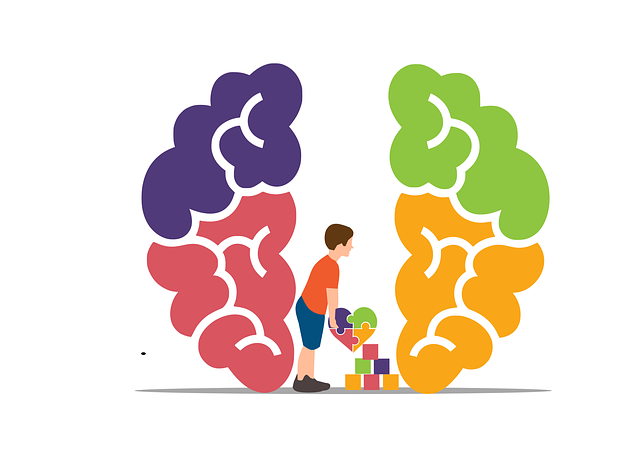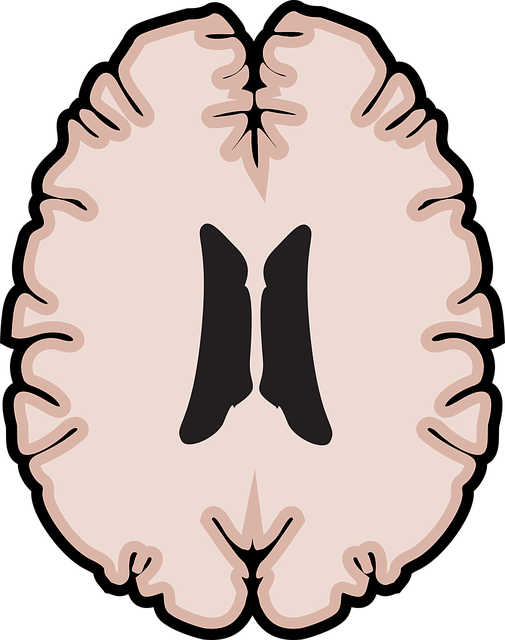Social Skills Training (SST) is an evidence-based therapeutic approach that combines techniques from models like Exposure and Response Prevention (ERP) therapy to enhance social functioning for individuals with mental health conditions. Through role-playing scenarios, feedback, and self-awareness exercises, clients learn to manage anxiety, improve communication, and build meaningful connections. Westminster Exposure and Response Prevention Therapy (WERP), a key component of SST, gradually exposes individuals to anxiety-triggering situations, empowering them to replace maladaptive responses with healthier coping strategies. Community outreach program implementation further supports real-world application of learned skills, fostering personal growth and confidence in various social settings.
Social skills training is a powerful tool in managing mental health conditions, offering individuals a chance to improve their interactions and overall well-being. This comprehensive guide explores an effective approach, Westminster Exposure and Response Prevention Therapy (W ERP), designed to help patients confront and manage anxiety in social situations. We delve into the benefits, challenges, and real-world applications of social skills training, highlighting its potential to enhance mental health outcomes. Discover how W ERP can revolutionize support for those navigating social anxieties.
- Understanding Social Skills Training for Mental Health Conditions
- Westminster Exposure and Response Prevention Therapy: A Comprehensive Approach
- Benefits, Challenges, and Real-World Applications of Social Skills Training
Understanding Social Skills Training for Mental Health Conditions

Social Skills Training (SST) is a crucial therapeutic approach designed to enhance social functioning for individuals with mental health conditions. This evidence-based method focuses on teaching and practicing essential social interaction skills, helping clients navigate their daily lives more effectively. By combining techniques from various therapeutic models, such as Exposure and Response Prevention (ERP) therapy, SST equips participants with the tools to manage anxiety, improve communication, and build meaningful connections.
In a supportive environment, clients engage in role-playing scenarios and receive feedback to refine their social behaviors. The Westminster Exposure and Response Prevention Therapy, for instance, guides individuals through gradual exposure to social situations that trigger anxiety or distress, fostering confidence and empowering them to respond in healthy, adaptive ways. Moreover, community outreach program implementation and self-awareness exercises play a vital role in SST, encouraging clients to apply learned skills in real-world settings and promoting personal growth.
Westminster Exposure and Response Prevention Therapy: A Comprehensive Approach

Westminster Exposure and Response Prevention Therapy (WERP) is a comprehensive approach designed to address various mental health conditions, with a particular focus on anxiety disorders. This therapy combines exposure therapy with response prevention techniques, helping individuals confront their fears in a safe and controlled environment. WERP encourages self-awareness exercises, enabling clients to understand the connection between their thoughts, feelings, and behaviors. Through gradual exposure to stressful situations, individuals learn to manage their reactions, ultimately leading to significant anxiety relief.
The therapy focuses on empowering patients to replace maladaptive responses with healthier coping strategies. By facing their fears and modifying their reactions, participants gain valuable insights into their mental wellness journey. WERP’s structured nature ensures that each session builds upon the previous one, fostering a sense of progress and empowerment as individuals navigate their way towards better mental health.
Benefits, Challenges, and Real-World Applications of Social Skills Training

Social Skills Training (SST) offers significant benefits for individuals managing mental health conditions. By focusing on real-world interactions and utilizing evidence-based practices like Westminster Exposure and Response Prevention Therapy, SST empowers clients to navigate social scenarios with confidence. It fosters a deeper understanding of emotional regulation, enabling better management of reactions in various settings, be it at work or in personal relationships. This therapeutic approach aligns with Mind Over Matter principles, teaching individuals how to reframe negative thoughts and responses, ultimately enhancing their overall well-being.
Despite its advantages, SST presents challenges. Tailoring the training to meet individual needs is crucial as each person’s social anxiety or discomfort stems from unique experiences. Mental Health Education Programs Design must consider personal goals and comfort levels, ensuring that the training remains engaging and effective. Overcoming these obstacles requires dedicated facilitators who can create a safe space for learning and practice, allowing participants to build confidence gradually. Real-world applications demand consistent practice outside of therapy sessions, encouraging clients to embrace social interactions as opportunities for growth rather than triggers for anxiety.
Social skills training, particularly approaches like Westminster Exposure and Response Prevention Therapy, offers a comprehensive solution for individuals managing mental health conditions. By addressing social anxiety and interaction challenges, this therapy empowers people to navigate social situations more confidently. While benefits are substantial, it’s not without its challenges. Real-world applications demonstrate its effectiveness in enhancing quality of life, underscoring the significance of accessible and tailored support for those seeking to improve their social interactions and overall mental well-being.














